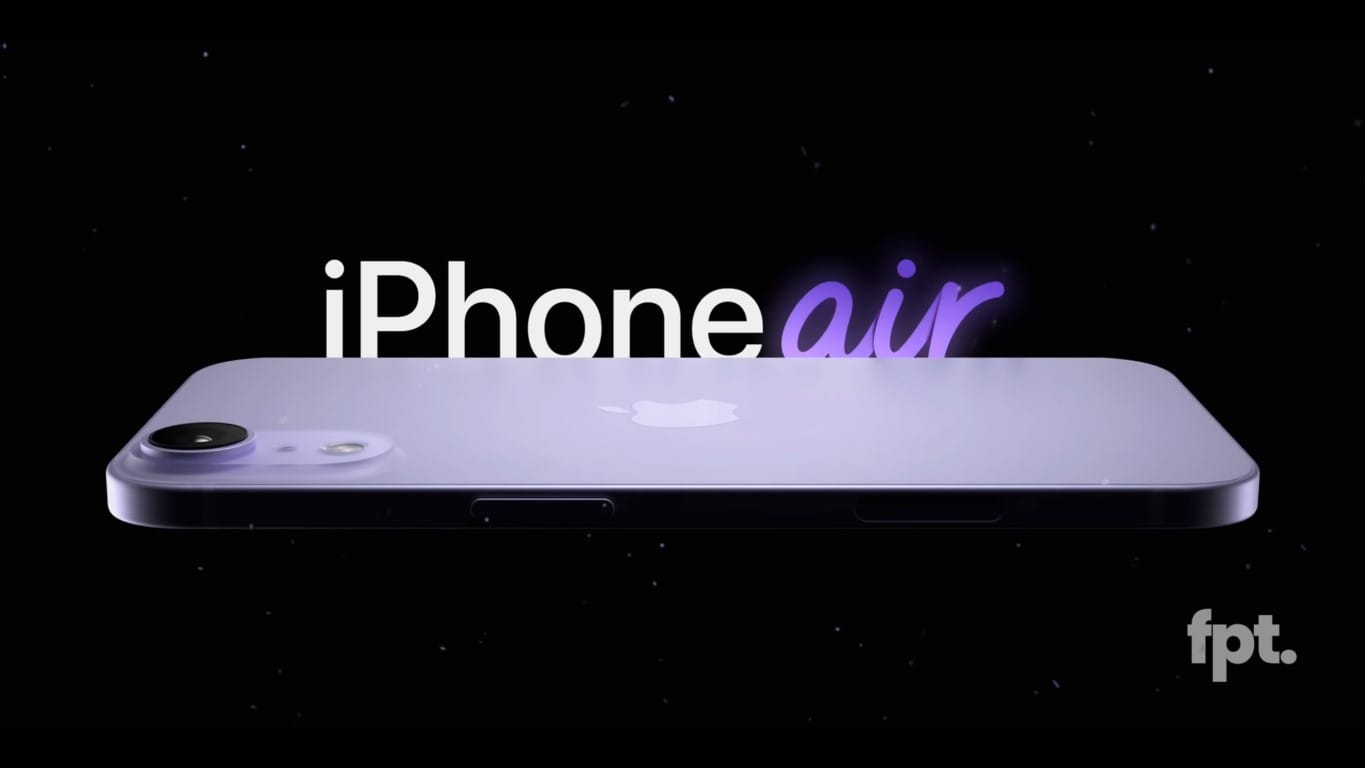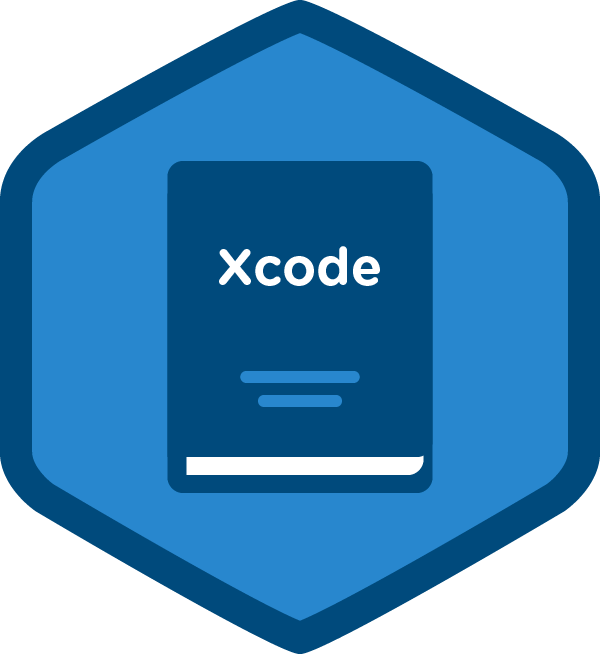The Best Free Online iPhone Simulators

The rigorous process of iOS application development necessitates extensive testing to ensure optimal functionality, a seamless user experience, and broad device compatibility.
However, acquiring and maintaining an expansive collection of physical iPhones is often impractical, particularly for independent developers and smaller enterprises.
This limitation has catalyzed the development of online iPhone simulators, which provide virtualized environments for application testing without reliance on physical devices.
This article offers a comprehensive examination of iPhone simulators, delineating their operational principles, advantages, constraints, and the most robust freely available online options.
Conceptual Framework: iPhone Simulators
An iPhone simulator is a software-based construct designed to replicate the operating system environment of an iOS device.
Unlike emulators, which reconstruct both hardware and software ecosystems, simulators are constrained to software-level mimicry, thereby offering an abstraction of the iOS experience without the physical intricacies of actual Apple hardware.
Fundamental Characteristics of Simulators
- Software Emulation: Provides an iOS-like operational framework without hardware-level replication.
- Application Testing: Facilitates the assessment of application functionality, user interface layout, responsiveness, and general performance.
- Cross-Version Compatibility: Enables developers to evaluate app behavior across multiple iOS versions and device models without requiring physical access to each iteration.
Advantages of Free Online iPhone Simulators
Economic Viability
By obviating the need to purchase numerous physical devices or sustain a dedicated testing lab, simulators offer a financially prudent solution, particularly advantageous for startups and independent developers.
Operational Accessibility
The ability to execute tests within a browser-based or software-integrated environment negates the logistical challenges associated with physical device management, thereby streamlining workflow efficiency.
Extensive Device and Version Support
Simulators afford developers the capacity to test applications across a broad spectrum of iPhone models and iOS iterations, ensuring comprehensive compatibility and user experience consistency.
Accelerated Development and Debugging
Real-time modifications to application code can be immediately tested within a simulated environment, thereby expediting the iterative development cycle and facilitating rapid debugging processes.
IDE Integration
Many simulators are seamlessly compatible with Integrated Development Environments (IDEs), such as Xcode, augmenting their utility for macOS-based developers.
Constraints and Limitations
Despite their numerous benefits, simulators possess inherent limitations:
- Suboptimal Real-World Fidelity: Simulators fail to accurately replicate real-world conditions, including hardware interactions (e.g., GPS, biometric authentication, haptic feedback) and fluctuating network environments.
- Restricted App Store Integration: Due to Apple’s licensing constraints, most simulators are incapable of accessing and installing applications from the App Store.
- Limited Functional Scope: While adequate for preliminary testing, simulators do not support advanced features such as gesture-based interactions, push notifications, or real-time performance benchmarking.
- Versioning Constraints: Some free simulators are confined to outdated iOS versions, which may impede testing for contemporary applications.
Comparative Evaluation of Leading Free Online iPhone Simulators
1. LambdaTest

LambdaTest is a cloud-based cross-browser testing platform that facilitates real-time interaction with virtual iOS environments.
Core Attributes:
- Supports over 5000 browser and device configurations.
- Enables simultaneous installation of multiple applications per session.
- Integrates accessibility testing functionalities.
- Simulates diverse network conditions, including offline, 3G, 4G, and 5G environments.
Strategic Advantages:
LambdaTest is particularly suited for developers requiring a comprehensive simulation suite that approximates real-world testing scenarios.
2. iPadian

Designed predominantly for Windows users, iPadian provides a graphical representation of an iOS interface rather than a fully functional simulation environment.
Core Attributes:
- Supports select applications, including Facebook, TikTok, WhatsApp, and Instagram.
- Intuitive user interface catering to novice users.
- Offers a free basic version with premium enhancements.
Limitations:
Lacks App Store integration and does not support native iOS applications, thereby restricting its utility for developers.
3. AIR iPhone

AIR iPhone, built on the Adobe Air Framework, is a lightweight tool intended to emulate the graphical interface of an iPhone.
Core Attributes:
- Freely accessible with a simplified installation process.
- Adequate for elementary application functionality assessments.
Limitations:
Due to its reliance on outdated frameworks, AIR iPhone does not support contemporary iOS versions or advanced development needs.
4. Appetize.io

A browser-based simulation tool, Appetize.io eliminates the necessity for software installations.
Core Attributes:
- Allows direct application uploads via browser.
- Facilitates API integration for extended functionality.
- Supports versatile playback options.
Strategic Advantages:
Appetize.io is particularly advantageous for developers seeking a streamlined, web-based testing solution with minimal setup requirements.
5. Xcode Simulator

As an integral component of Apple’s development ecosystem, the Xcode Simulator provides a high-fidelity simulation environment for macOS users.
Core Attributes:
- Natively integrated with Xcode, ensuring a seamless development experience.
- Facilitates comprehensive UI and functionality testing.
- Particularly effective for prototyping and iterative application refinement.
Limitations:
Restricted to macOS systems and lacks the capability to emulate real-world hardware interactions such as battery consumption analysis or network fluctuation responses.
Delineating Simulators from Emulators
| Feature | Emulator | Simulator |
|---|---|---|
| Hardware Emulation | Yes | No |
| Software Environment | Yes | Yes |
| Real-world Condition Testing | Limited | Very Limited |
| Cost | Often Free | Often Free |
| Compatibility | High | Moderate |
While simulators suffice for preliminary software-level testing, emulators are essential for evaluating hardware-dependent interactions.
Conclusion
Free online iPhone simulators present an invaluable resource for developers seeking to optimize their application development workflows. While platforms such as LambdaTest offer robust, real-world approximations, others like AIR iPhone cater to more rudimentary testing requirements.
Despite their inherent constraints—most notably their inability to replicate hardware components or provide App Store access—simulators remain indispensable during the early stages of software validation.
The selection of an appropriate simulator should align with project-specific needs, balancing comprehensive testing capabilities against operational simplicity. By leveraging these tools effectively, developers can refine their applications and ensure seamless functionality across a diverse range of iOS devices and software iterations.